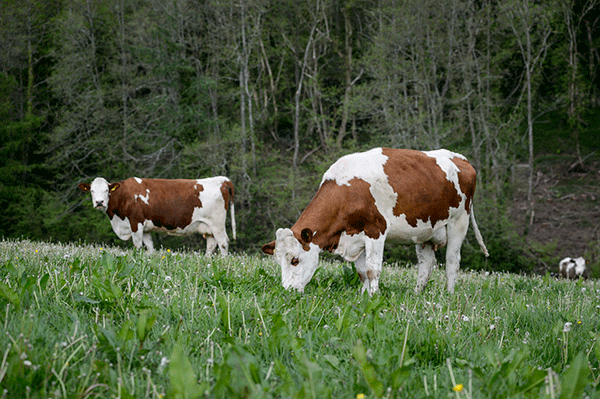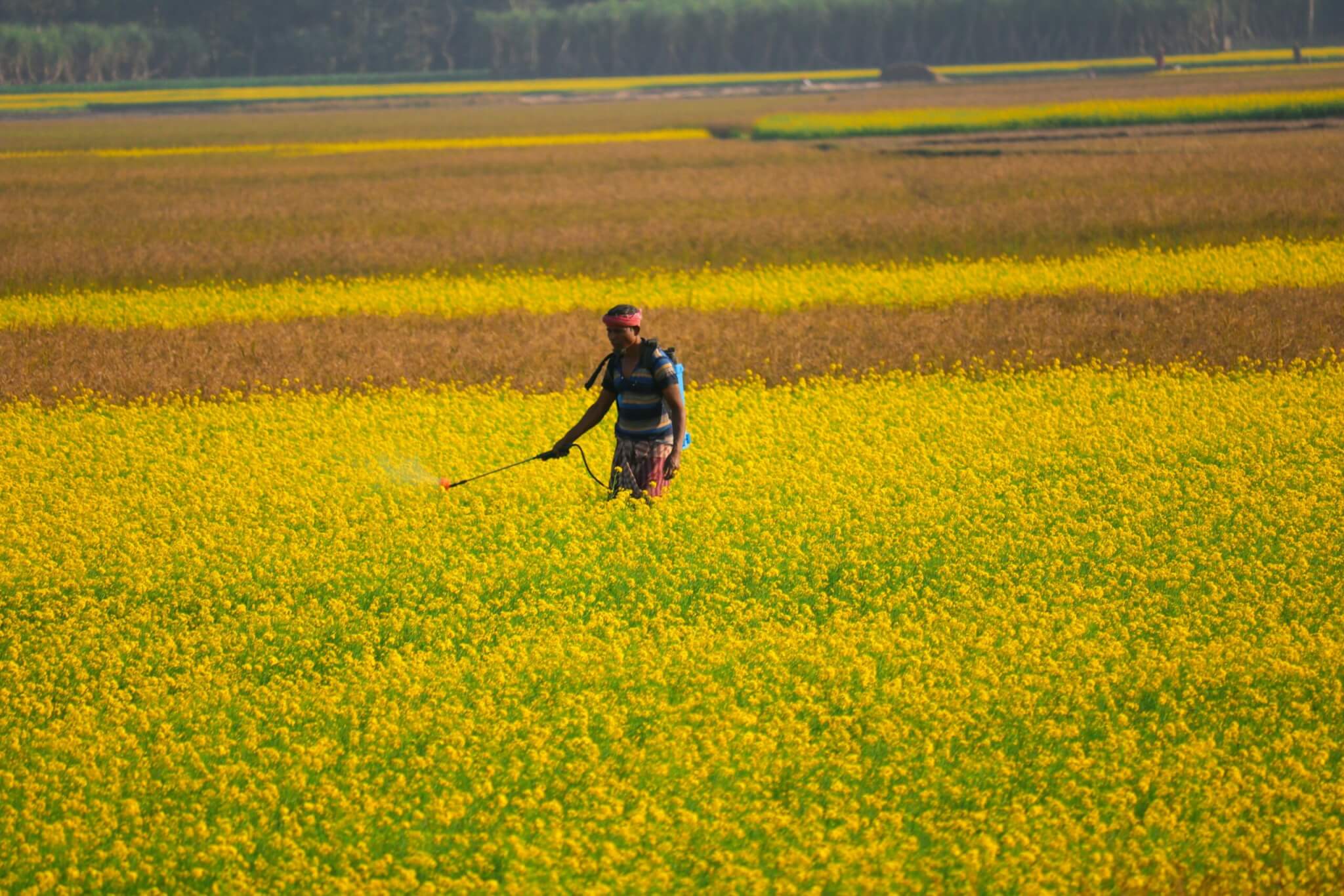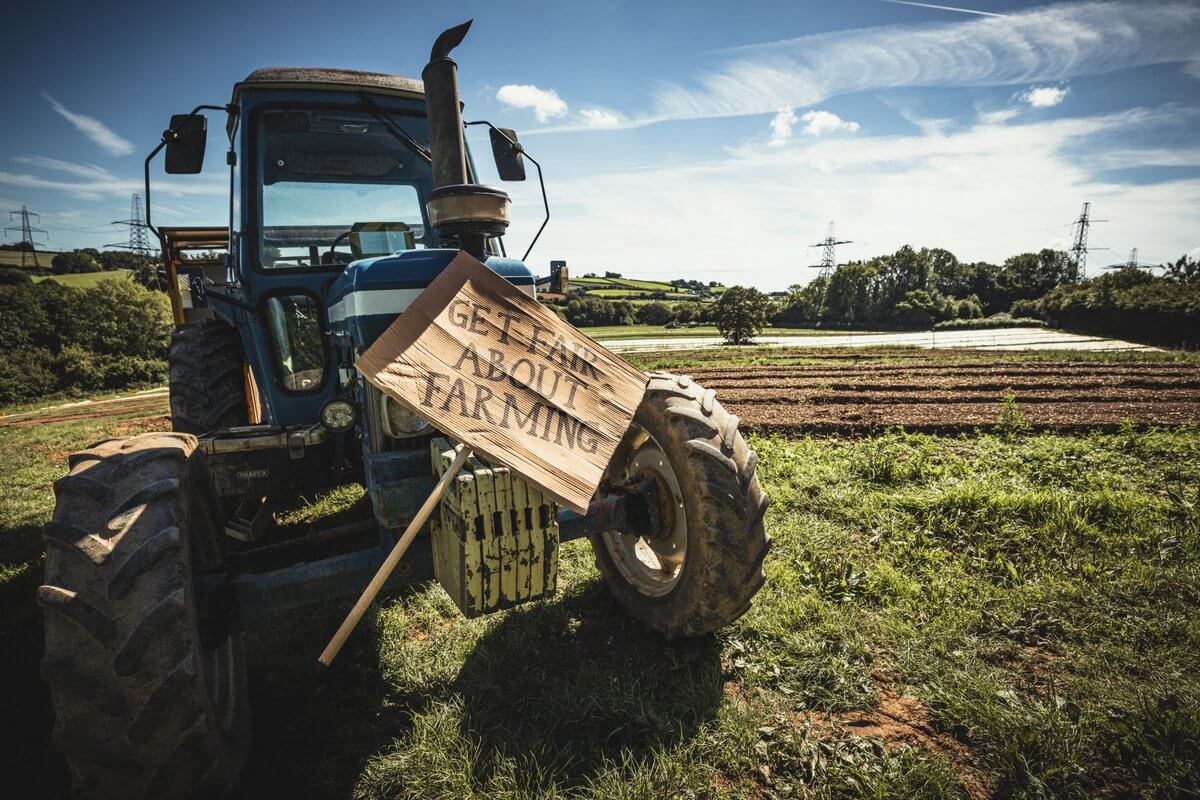The government has explained how it will pay farmers to protect soil and outlined specific support for organic farmers in the first details released around the UK’s new farming subsidies post-Brexit.
Farmers will be paid for different levels of soil protection, ranging from testing soil organic matter to planning field rotations to improve fertility using herbal leys (things like clover).
Payment for other sustainable farming methods such as hedgerows and agroforestry (producing food alongside trees) are set to be included later on. The government said it has chosen to start with soil because it will apply to most farmers in England and benefits both carbon storage and biodiversity.
In the plans, Defra also said it “recognises the benefits that organic farming can offer to the wider environment” and said it is exploring how to reward organic producers for their existing and long-standing nature-friendly farming methods.

Soil Association head of farming and land use policy, Gareth Morgan, said: “This is a long-awaited recognition from government that organic farming delivers benefits for the environment and should be incentivised.
“Alongside organic and environmental groups, we have been lobbying hard for many months to ensure farm payment systems acknowledge the fact that organic farms have on average 50 per cent more wildlife, thanks to practices that protect nature and store carbon.
“Support for organic, including those converting to organic, is the first step towards recognising that we need to work in harmony with nature across the whole farmed environment,” he added.
Jyoti Fernandes, policy and campaigns coordinator for The Landworkers’ Alliance, said: “We are particularly pleased that there is a central focus on protecting our soils and well managed grassland to store carbon which cools the earth.
“There is also a commitment to paying for agroforestry, so that trees can be planted on farms. It’s a fantastic way to improve carbon storage on farmland which also enhances food production capacity.
“The major disappointment is the lack of commitment to improving public access and engagement on farms. We will make a submission to Defra to encourage them to revise the importance of bringing people into closer contact with nature and a deeper knowledge about where their food comes from,” she said.
It comes as a new report by think tank Common Wealth found research funding in farming is still geared towards big landowners, with the majority of grants going to agri-tech projects that benefit multinational food businesses.
In relation to the new subsidy plan, report author Rob Booth pointed to the high emphasis on soil sampling and carbon benchmarking, which he said is likely to create further opportunities for private companies to make money from farmers.
“Given the extent to which agricultural data is hoovered up and monetised by firms like John Deere and, increasingly, tech companies like Microsoft it is easy to see how these private actors will continue to benefit from and shape this data-driven agenda,” he said.
“Defra currently seemingly has no intention to create a public, open-source platform for things like carbon benchmarking etc meaning that these mandates will create an opportunity for private profit from agricultural change.”
The Common Wealth report analysed existing UK policy and work by other organisations to show the effect of the dominance of big agribusiness companies supplying things like seed, chemicals and machinery to farmers, using publicly available data on governmental research investment.
It said this flow of research money towards big food businesses further entrenches food inequality in the UK, and said instead funding should be steered towards agroecological farming, plus action on Intellectual Property (IP) to ensure data in farming is shared rather than enclosed.
“The status quo on ownership of research and development and intellectual property in food systems holds back the green transition and compounds inequalities,” said Miriam Brett, Common Wealth director of research and advocacy.
Booth added: “The UK’s departure from the EU and the environmental transition together offer a historic opportunity to develop resilient and ecologically just ways of feeding communities which leave people empowered.
“Social and environmental injustice can be tackled together but to do so the UK needs food systems change. To make this a reality the UK needs to reform land ownership, to shift public spending on R&D toward agroecological farming and action on intellectual property rights, so that agricultural data is shared for the common good.”













Really interesting article. Thanks
Good news but still depressing. You can just see A.N.Other corporation in on a meeting with DEFRA saying “just give them lip service, these organic people will be happy with that but whatever you do DON’T REDUCE OUR PROFITS……